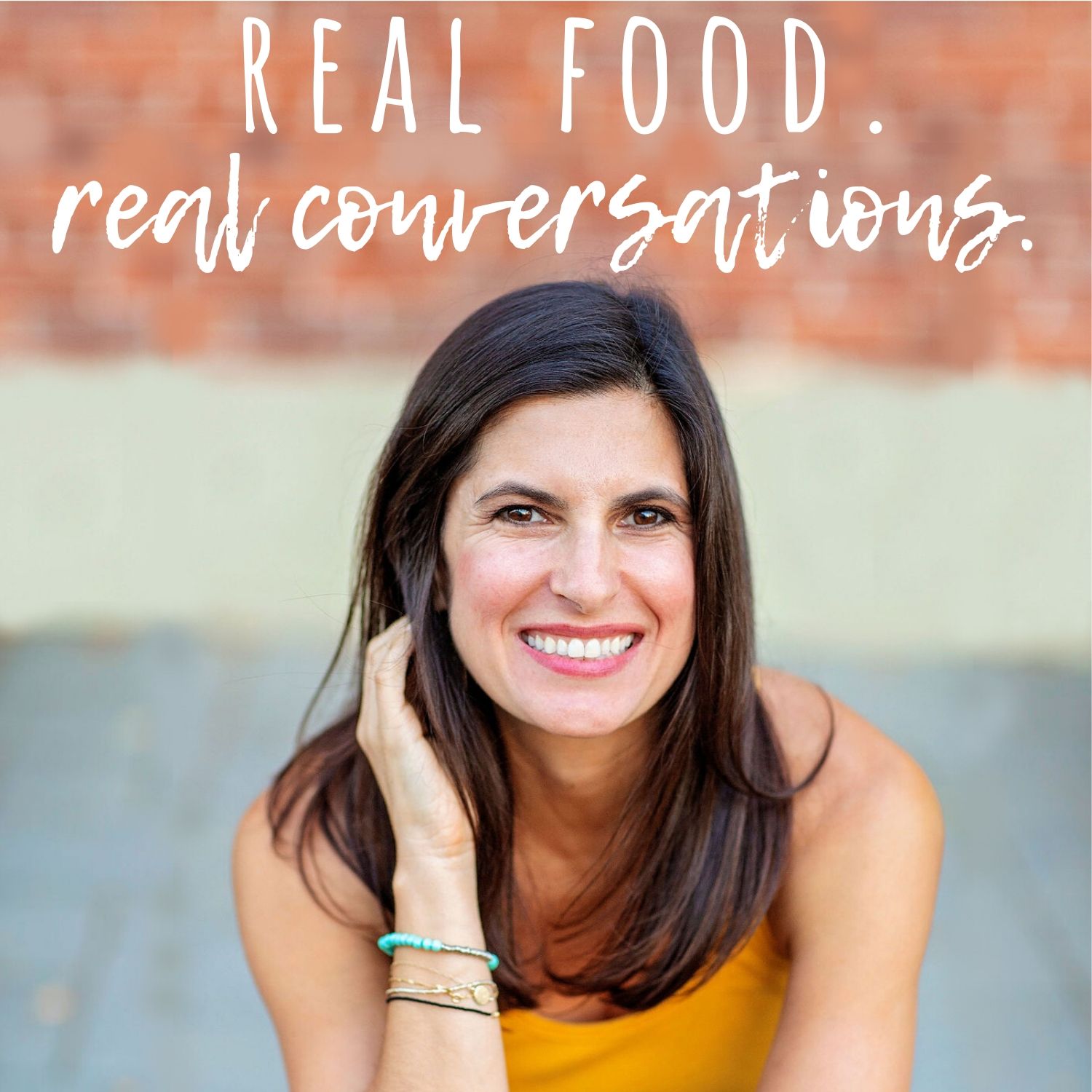How to Lower Cholesterol with Diet
Description
Learn how to lower cholesterol with diet changes as our expert guest takes us through all we need to know to live a healthier and happier life!
Overall wellness depends on so many things, but preventing and dealing with chronic disease is an important one.
Veggies Don't Bite started due to wanting to help improve my husbands heart health and high cholesterol played a role. As we moved to a more plant rich diet we saw dramatic improvements!
Ashley Reaver, MS, RD, CSSD is a registered dietitian with a Master's degree in Nutritional Sciences from Tufts University and an undergraduate degree in Nutrition and Dietetics from Cornell University.
Utilizing her years of work experience in clinical nutrition, outpatient counseling, personalized blood analytics, and education, she developed a program to help individuals lower their cholesterol naturally.
In addition to the course, Ashley sees clients in her private practice in Oakland, CA and teaches nutrition and dietetics courses at University of California, Berkeley. Find her on Instagram @lower.cholesterol.nutrition.
Sign up for her FREE class on how to lower cholesterol!
What is Cholesterol?
Cholesterol is an important compound that our body creates, it is a type of fat that is in the body. All animals create cholesterol.
It is in every single cell in our body. It is part of the membrane, which is the outer layer. We use it to make sex hormones, it goes into our stress hormones, use it to make vitamin D, and use it as a digestive compound to help us break down fats.
95 million adults have what is considered high cholesterol. However, total cholesterol isn't the thing we need to focus on but instead we need to look at the parts that make up high cholesterol.
What is considered high cholesterol?
Cholesterol numbers are combo of High Density Lipoprotein or HDL (known as good cholesterol), Low Density Lipoprotein or LDL (known as bad cholesterol) and triglycerides. Total levels are considered high if they are above 200, but again the combo of the three parts are more important.
LDL is considered high if it is above 130, but is best less than 100. If you have too much LDL for too long it can become dangerous and can cause the build up of plaque in our arteries which can lead to heart attacks and strokes.
For HDL, ideally you want it above 50 for men and above 60 for women. If you have more LDL you want more HDL to pick it up and bring it to the liver and repurpose it as something that won't cause damage to your body. HDL can act as an antioxidant preventing LDL from becoming dangerous.
With triglycerides you also want lower levels. It is the primary form of fat in our body, and also 95% of fats that we eat. Our body stores excess energy in the form triglycerides, so that we have extra to use. That is why you can see them circling around in our blood in a blood test.
The reason the total cholesterol numbers can be deceiving is that you can hav high LDL and low HDL but the total numbers can still be below that 200 threshold but overall still not good.
On the other hand you can also have high HDL and low LDL but still be over that 200 mark and be considered high when in reality you are still good.
Also, depending on what is high or low will depend on what you want to do to help as far as nutrition changes and other support.
Why Does Diet Matter?
More Episodes
This is the 100th episode of Real Food Real Conversations and I can't believe it! I published my first episode almost two years ago, so much has changed since then.
Listen in to hear updates of how we are doing and where we are now!
Time can change people, especially after...
Published 07/20/22
Published 07/20/22
With the obsession over protein, we often miss the mark on what we really should focus on, fiber. This is why we are talking all about why fiber is important with our guest expert!
Fiber is a necessary carbohydrate for our body. Everyone needs to include it in their diet in order to...
Published 07/06/22


